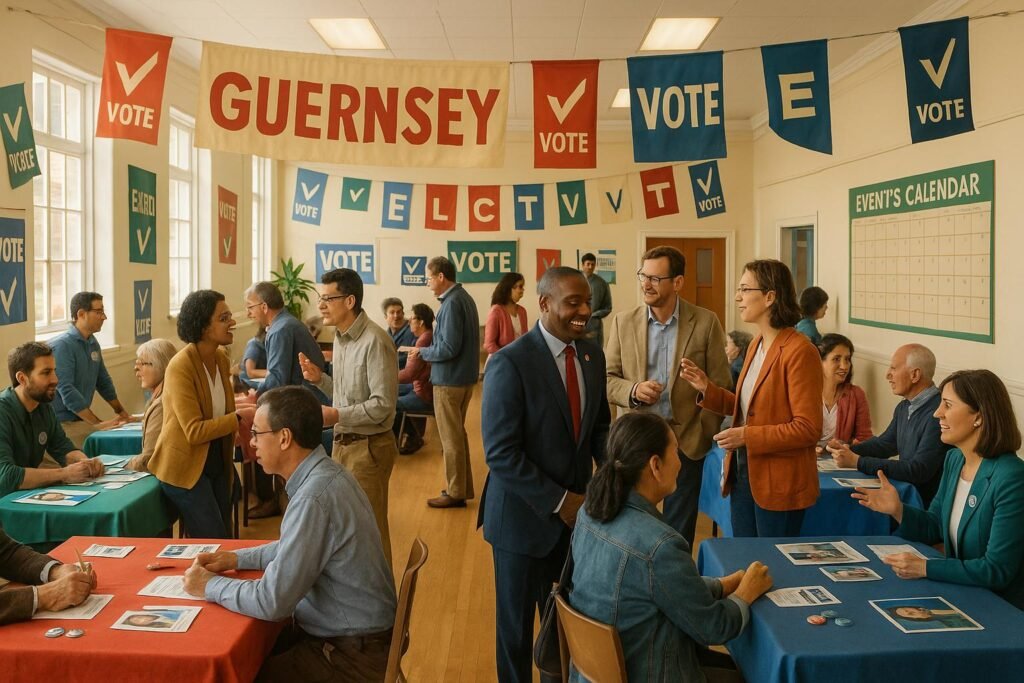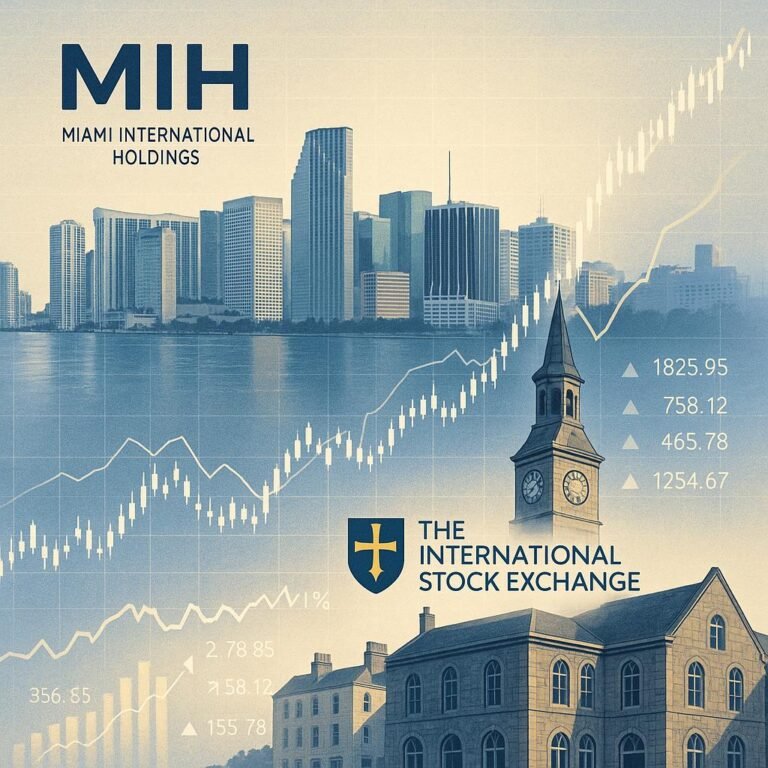
Guernsey Gears Up for Election Season: Candidates Reach Out to Voters Through Innovative Community Events
In a refreshing approach to political engagement, Guernsey’s 2025 General Election candidates are breaking traditional campaign boundaries by hosting a diverse array of community meet-and-greet events that aim to bridge the gap between politicians and potential voters.
The upcoming weekend and week showcase an unprecedented variety of interaction formats, ranging from formal hustings to casual beachside conversations. This multi-dimensional approach reflects a growing understanding that voter engagement requires more than standard political rhetoric.
Events like Deputy Andy Cameron’s “Dip & Dine” and Tom Moore’s after-work cocktail session demonstrate a strategic effort to make political discourse more accessible and less intimidating. By choosing informal settings, candidates are signaling a desire to connect with constituents on a more personal level.
However, the innovative approach is not without potential challenges. While these events offer unprecedented access, they also risk overshadowing substantive policy discussions with social interaction. Critics might argue that such casual formats could trivialize the serious nature of electoral decision-making.
Notably, the inclusion of “speed dating” style forums represents a bold experiment in political communication. These rapid-fire interactions could provide voters with quick insights into candidates’ personalities and core positions, though they may simultaneously limit the depth of meaningful dialogue.
The events’ geographic and stylistic diversity—spanning libraries, pubs, beaches, and community centers—suggests a calculated attempt to reach voters across different demographics and engagement levels. This approach acknowledges that traditional town hall meetings no longer suffice in capturing public interest.
From a democratic perspective, these events represent a positive trend toward more transparent and accessible political participation. By lowering barriers to direct candidate interaction, Guernsey is potentially setting a progressive model for electoral engagement.
The success of these initiatives will ultimately be measured by voter turnout and the quality of substantive discussions they generate. While the format is innovative, the core objective remains unchanged: informed citizen participation in the democratic process.
As Guernsey approaches its 2025 General Election, these community events offer a promising glimpse into a more interactive and inclusive approach to local politics.







